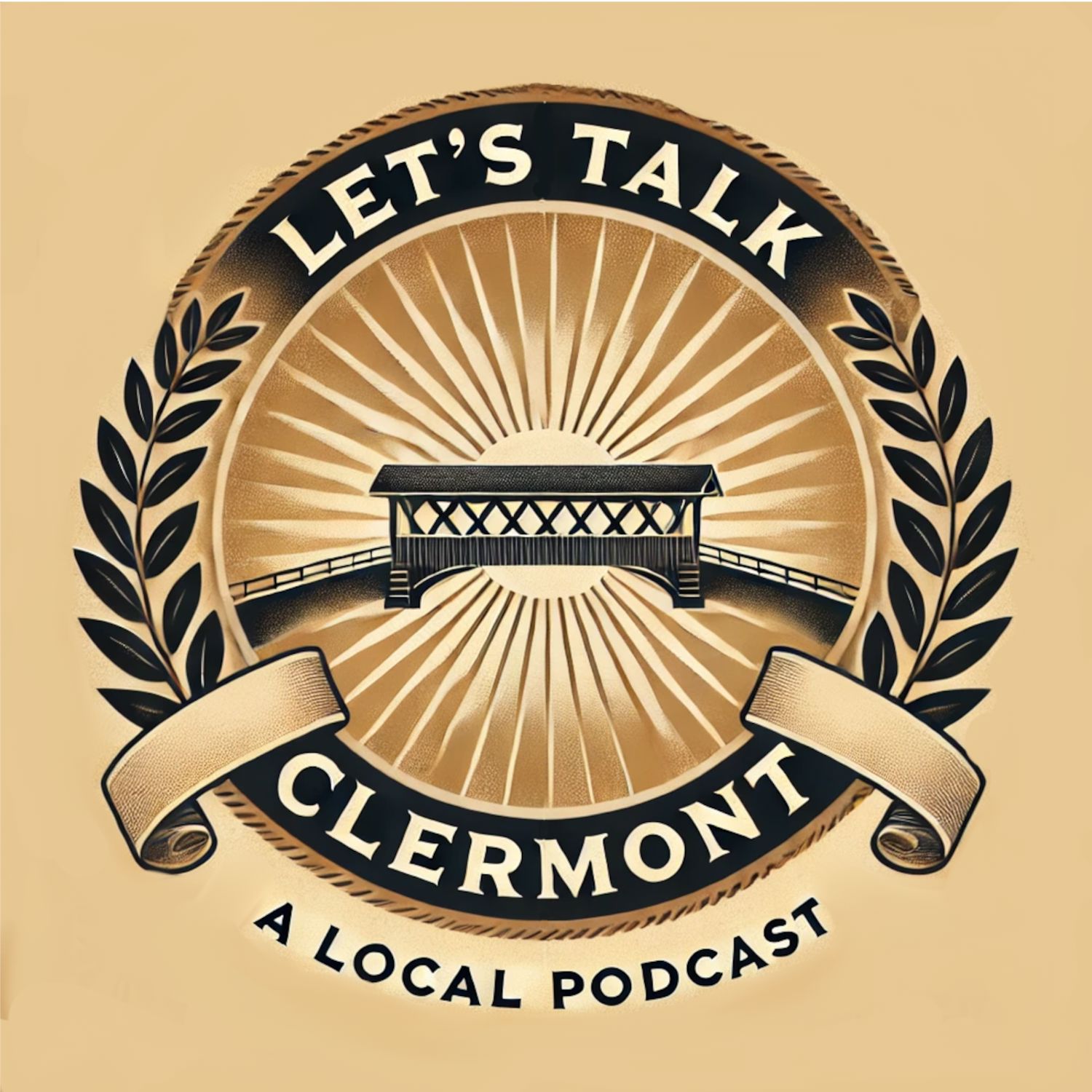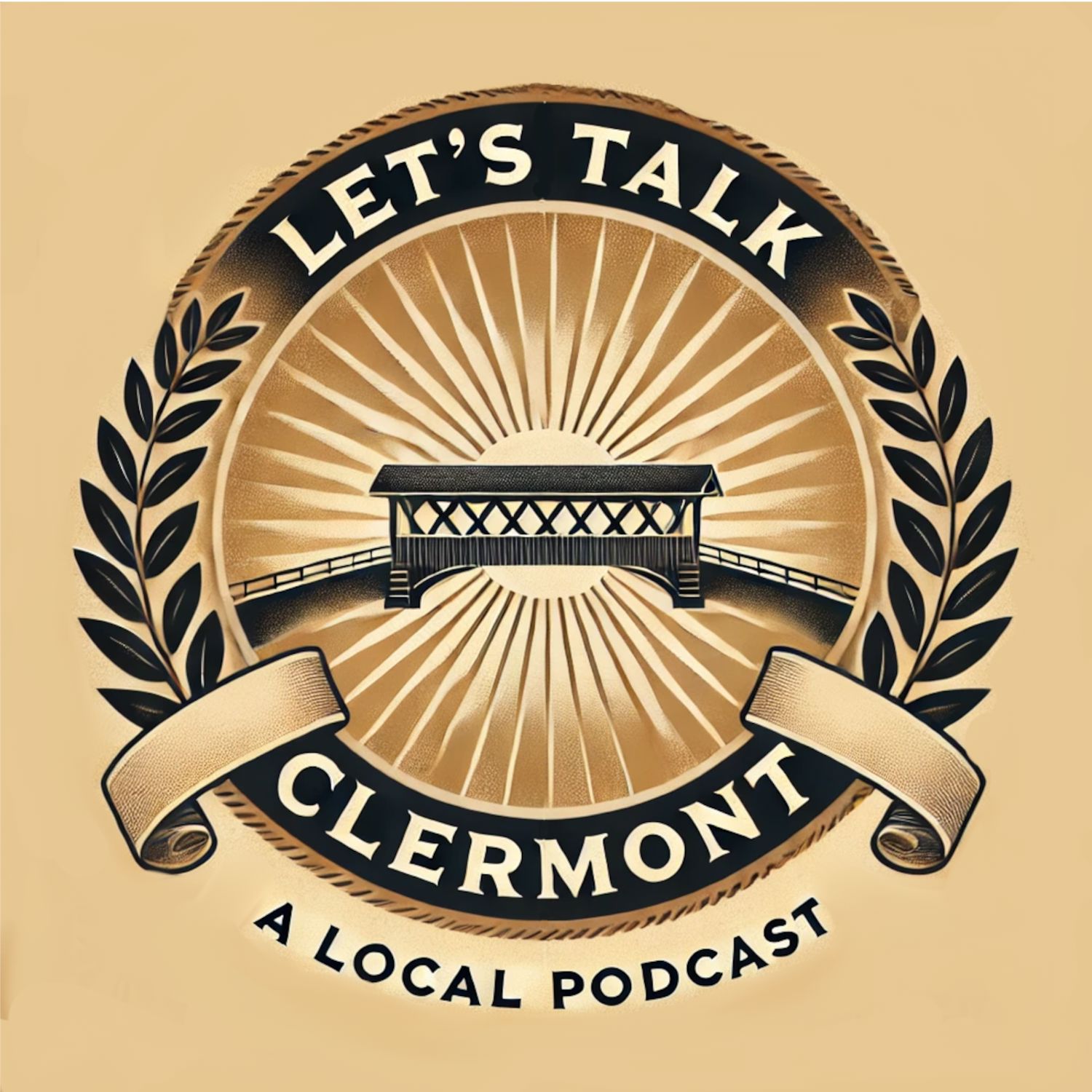24 April 2025
Episode 4 - Tom Lemon The World's Only Cardboard Boat Museum, and Bob Lees Renaissance New Richmond - E4

Episode 4 of Let's Talk Clermont. We look at some nuances of Ohio’s House Bill 113 and what it means for local annexation processes and school districts. We also sit down with Tom Lemon from The World's Only Cardboard Boat Museum and Bob Lees from Renaissance New Richmond, talking about everything from underground railroad stories to building boats with cardboard and tape.
